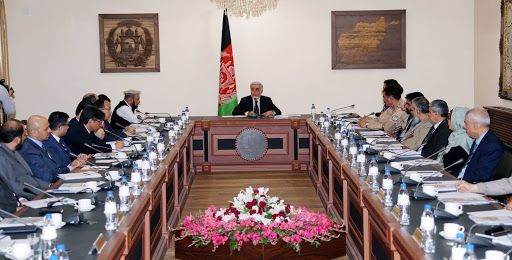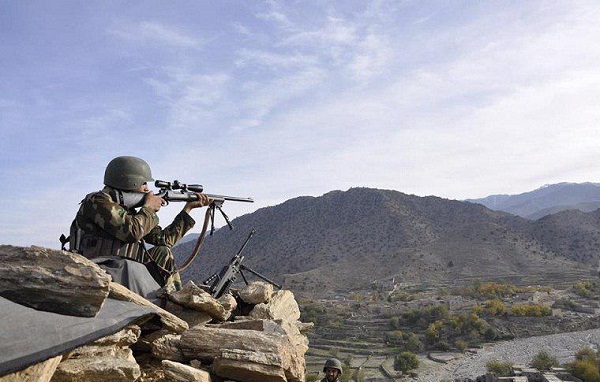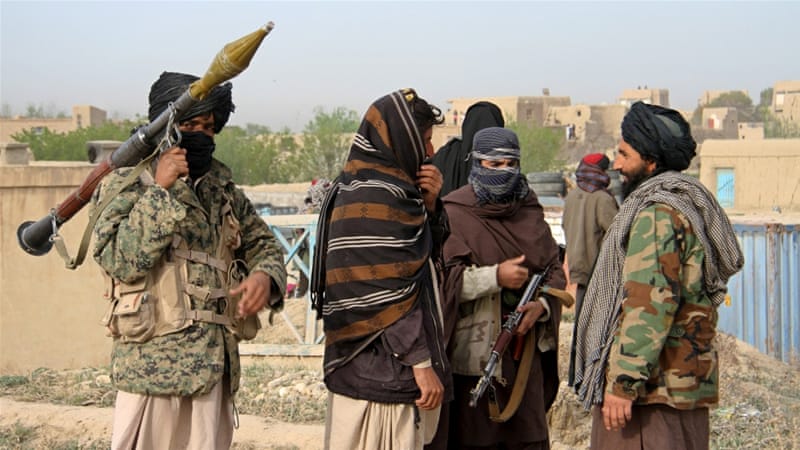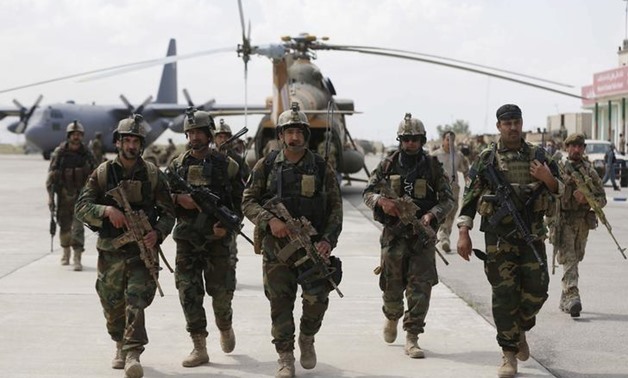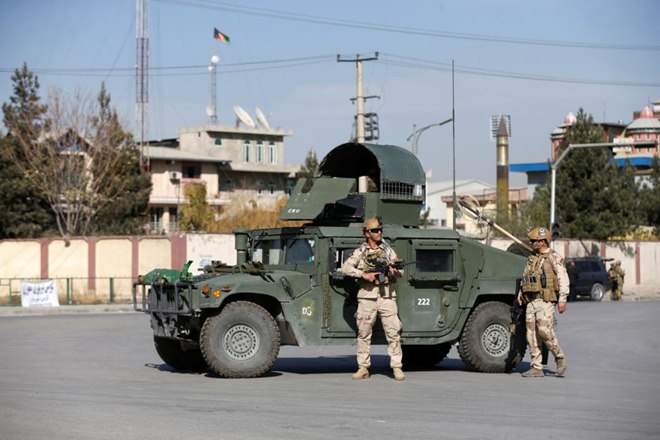The lengthy U.S.-Taliban talks to end the war in Afghanistan and pave the way for the withdrawal of the U.S.-led forces from the country have been reportedly finalized and both sides would possibly ink a peace deal within days.
Publish dateTuesday 18 February 2020 - 22:56
Story Code : 203811
A Qatar-based Taliban representative Mawlawi Abdul Salam Hanafi, according to media, said the much-awaited peace agreement between the two sides would be signed by the end of current month.
Signing the peace agreement, according to media, is based on "reduction in violence" as the Taliban outfit has agreed in talks with the U.S. side.
Although there is no comment from the Taliban side on the issue, certain sources suggest that the violence reduction will begin on Feb. 22 and the peace deal to be signed on Feb. 29.
Afghans from all walks of life have expressed mixed reaction to the expected peace deal.
"Our basic goal is that the reduction in violence should lead to a ceasefire and eventually to restoring lasting peace in Afghanistan," Presidential Palace spokesman Sediq Sediqi told reporters on Tuesday, adding that Afghan security forces were capable of safeguarding peace in the country.
Chief Executive Abdullah Abdullah told the Council of Ministers on Monday that the peace agreement between the Taliban and the United States had been finalized and "it is an opportunity for the opposite side (Taliban) to show that they want peace in the country."
A Taliban former commander Sayed Akbar Agha said that "reduction in violence" by the Taliban could be an unofficial ceasefire by the armed group that would cover the cities.
"Parallel to the war in the country, the peace efforts have been continuing over the past more than a decade but all in vain and I personally have lost the hope for restoring peace in Afghanistan. I am sure that the so-called peace efforts between Afghan warring sides and stakeholders in Afghan imbroglio would continue," Abdul Azim, 63, told Xinhua.
Optimism has re-emerged regarding the U.S.-Taliban talks, according to the Daily Outlook Afghanistan's editorial on Tuesday.
"However, it can't be guaranteed and there are still obstacles before the process. Since the start of U.S.-Taliban talks, neither the Taliban decreased their attacks nor a peace deal was signed between the two sides. To this end, Afghans lost their trust in the process," it wrote.
"In short, if national and international consensus is formed to push the peace process forward, talks will lead to a desired result and put an end to the conflict," the Kabul-based paper observed.
Signing the peace agreement, according to media, is based on "reduction in violence" as the Taliban outfit has agreed in talks with the U.S. side.
Although there is no comment from the Taliban side on the issue, certain sources suggest that the violence reduction will begin on Feb. 22 and the peace deal to be signed on Feb. 29.
Afghans from all walks of life have expressed mixed reaction to the expected peace deal.
"Our basic goal is that the reduction in violence should lead to a ceasefire and eventually to restoring lasting peace in Afghanistan," Presidential Palace spokesman Sediq Sediqi told reporters on Tuesday, adding that Afghan security forces were capable of safeguarding peace in the country.
Chief Executive Abdullah Abdullah told the Council of Ministers on Monday that the peace agreement between the Taliban and the United States had been finalized and "it is an opportunity for the opposite side (Taliban) to show that they want peace in the country."
A Taliban former commander Sayed Akbar Agha said that "reduction in violence" by the Taliban could be an unofficial ceasefire by the armed group that would cover the cities.
"Parallel to the war in the country, the peace efforts have been continuing over the past more than a decade but all in vain and I personally have lost the hope for restoring peace in Afghanistan. I am sure that the so-called peace efforts between Afghan warring sides and stakeholders in Afghan imbroglio would continue," Abdul Azim, 63, told Xinhua.
Optimism has re-emerged regarding the U.S.-Taliban talks, according to the Daily Outlook Afghanistan's editorial on Tuesday.
"However, it can't be guaranteed and there are still obstacles before the process. Since the start of U.S.-Taliban talks, neither the Taliban decreased their attacks nor a peace deal was signed between the two sides. To this end, Afghans lost their trust in the process," it wrote.
"In short, if national and international consensus is formed to push the peace process forward, talks will lead to a desired result and put an end to the conflict," the Kabul-based paper observed.
avapress.net/vdcezx8wzjh87vi.1kbj.html
Tags
Top hits
